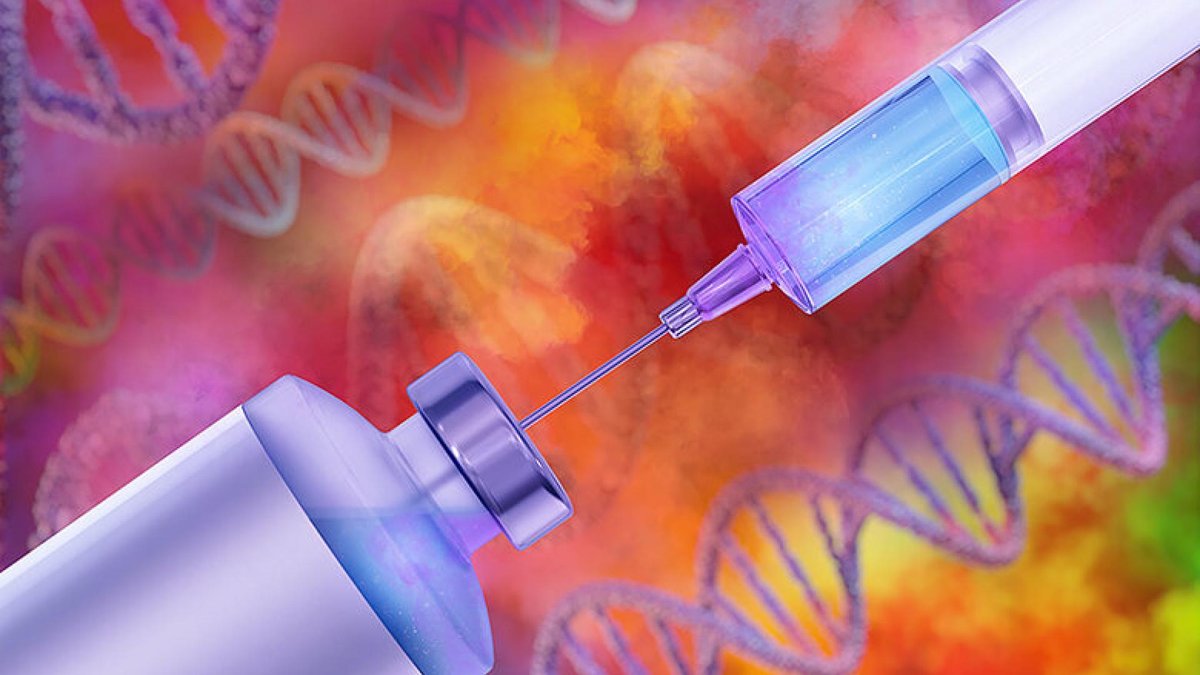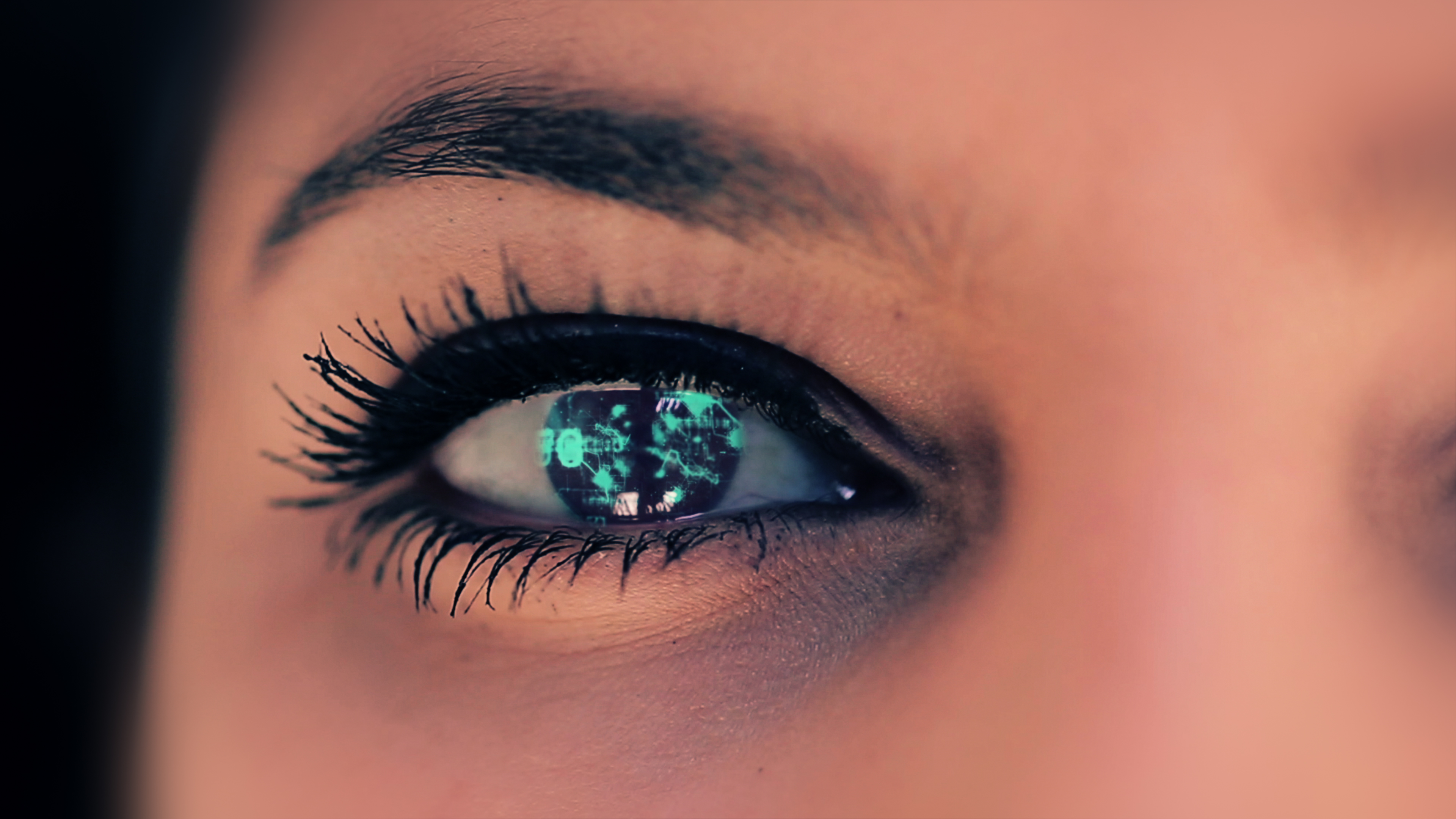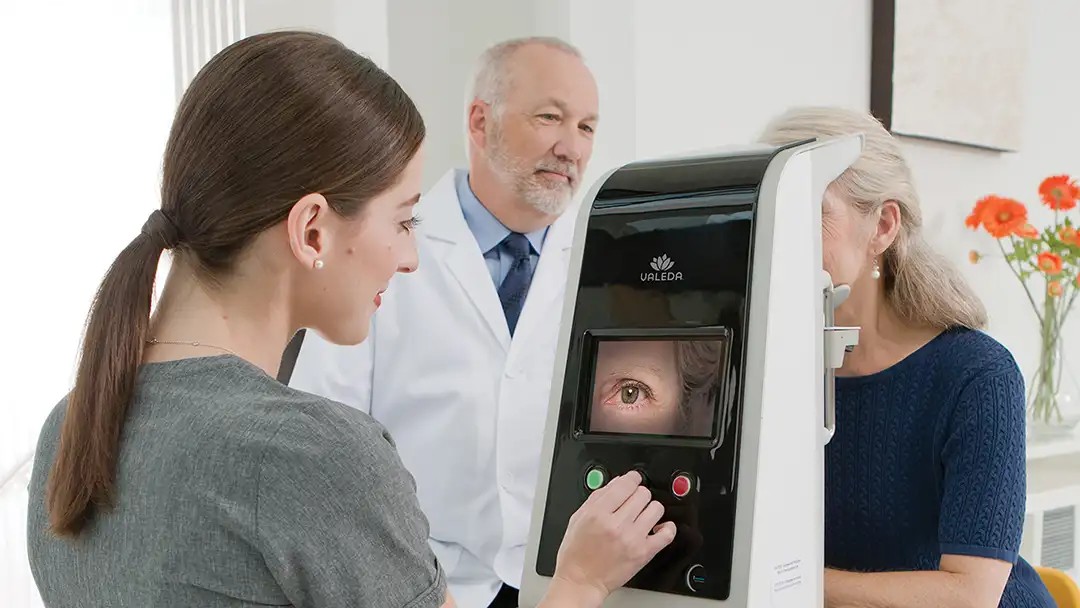
People with age-related macular degeneration (AMD) sometimes hear the words “macular edema” and wonder what it is and whether it might affect them. Learn more about macular edema and how it is related to macular degeneration.
What is Edema?
Edema anywhere in the body refers to fluid that has leaked out of blood vessels and caused tissue swelling. In people who have diabetic retinopathy (a complication of diabetes that affects eyes), the term is typically used to refer to fluid that has accumulated within the macula, which is the central part of the retina. In people with AMD, similar fluid within the retina is more typically called “intraretinal fluid.”
Video: Macular Edema Overview
Macular Edema and Leaky Blood Vessels
In both diabetic retinopathy and AMD, blood vessels are encouraged to leak by a protein called vascular endothelial growth factor, or VEGF. The retina makes extra VEGF in these diseases because it’s not getting enough oxygen, or because it is inflamed. However, the VEGF does not help because it causes the blood vessels to leak fluid that accumulates between nerve cells in the retina. In the short term, this fluid diminishes retinal function, and in the long term, it is associated with the death of some of the retinal cells.
How Does Macular Edema Affect Vision?
Macular edema or intraretinal fluid can cause distortion or “graying-out’ of central vision.
How is Macular Edema Monitored?
It helps to use a special graph called an “Amsler grid” to monitor for macular edema at home. The grid looks like a piece of graph paper with a small dot in the center. A person with macular edema will often see some of the grid lines as curved or even blocked out by a gray, white or black region.
The fluid can be seen by ophthalmologists during a dilated eye exam, and measured using an imaging device called optical coherence tomography (OCT).
Treatment for Macular Edema
Fortunately, macular edema or intraretinal fluid can often be treated using anti-VEGF drugs. Currently, these include Avastin®, Lucentis®, Eylea®, and Beovu®. Additionally, long-lasting anti-VEGF gene therapy is being tested in clinical trials.
People with ocular inflammation can also develop macular edema. This can occur following cataract surgery, or in people with autoimmune diseases. In cases of ocular inflammation, the macular edema is usually treated with anti-inflammatory, steroid, or immunosuppressive drugs.
How to Reduce the Risk of Macular Edema
To reduce the risk of developing macular edema, adopt a healthy lifestyle. For diabetics, and those with AMD or autoimmune diseases, lowering systemic inflammation is helpful. This can be done by avoiding smoking, engaging in moderate exercise, and eating a diet rich in vegetables and fruits. Fatty fish like salmon twice a week also seems to be protective. Refined grains, sugars, starches, highly processed foods and meats increase inflammation. For diabetics, it is also very important to control blood sugars.
Summary
In summary, macular edema is the build-up of fluid within the central part of the retina. Macular edema or intraretinal fluid can temporarily or, if long-standing, permanently diminish central vision. The risk of accumulating this unwanted fluid can be reduced with a healthy lifestyle and it can be treated with anti-VEGF drugs, sometimes with laser for those with diabetes or anti-inflammatory or immunosuppressive drugs for those with autoimmune diseases.
About BrightFocus Foundation
BrightFocus Foundation is a premier global nonprofit funder of research to defeat Alzheimer’s, macular degeneration, and glaucoma. Since its inception more than 50 years ago, BrightFocus and its flagship research programs—Alzheimer’s Disease Research, Macular Degeneration Research, and National Glaucoma Research—has awarded more than $300 million in research grants to scientists around the world, catalyzing thousands of scientific breakthroughs, life-enhancing treatments, and diagnostic tools. We also share the latest research findings, expert information, and resources to empower the millions impacted by these devastating diseases. Learn more at brightfocus.org.
Disclaimer: The information provided here is a public service of BrightFocus Foundation and is not intended to constitute medical advice. Please consult your physician for personalized medical, dietary, and/or exercise advice. Any medications or supplements should only be taken under medical supervision. BrightFocus Foundation does not endorse any medical products or therapies.
- Disease Biology
- Dry AMD
- Eye Health
- Wet AMD









